Earth
-
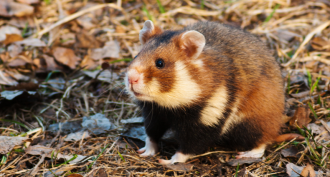 Animals
AnimalsWild hamsters raised on corn eat their young alive
European hamsters raised in the lab turn into crazy cannibals when fed a diet rich in corn, new data show. The problem may trace to a shortage of a key vitamin.
-
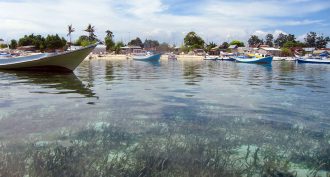 Ecosystems
EcosystemsUnderwater meadows appear to fight ocean germs
The seagrasses that sway in coastal currents are more than aquatic groundcover. They can reduce harmful bacteria that might otherwise sicken neighboring animals, new data show.
-
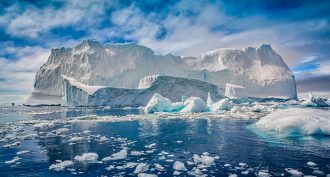 Climate
ClimateSea ice around Antarctica shrinks to record low
Just two years after reaching a record high, the Antarctic sea ice extent has reached a new low.
-
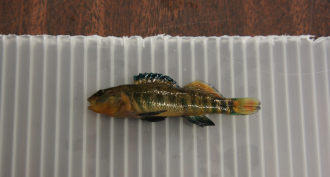 Health & Medicine
Health & MedicineCleaner water helps male fish again look and act like guys
Water pollution can give male fish female traits — such as the ability to make eggs. And that’s not a good thing. Better water treatment may prevent that, data now show.
-
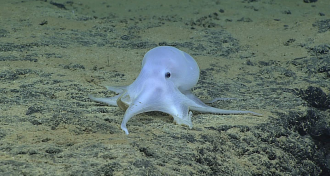 Oceans
OceansDeep-sea mining could imperil rare, ghostlike octopus
A newly discovered octopus lays its eggs in a dangerous spot: where companies are looking to mine valuable metals for use in cell phones and computers.
-
 Fossils
FossilsWhat killed the dinosaurs?
New evidence is emerging that a devastating combo of events — an asteroid impact and supervolcanoes — may be behind the dinosaurs’ demise.
-
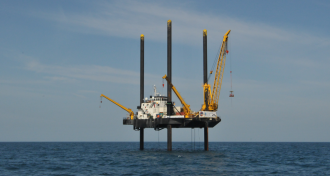 Earth
EarthDrilling into a dinosaur killer
An asteroid that hit the Earth 66 million years ago killed off the dinosaurs. Now scientists are drilling into the giant crater left behind.
-
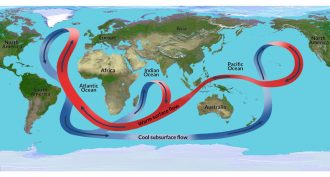 Oceans
OceansClimate change could stall Atlantic ocean current
Rising carbon dioxide concentrations in Earth’s atmosphere could disrupt the Atlantic Ocean current after all, a new analysis finds.
-
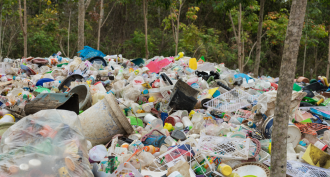 Earth
EarthMeet our trashy ‘technosphere’
People are creating a layer of debris and disturbance called the technosphere. A new study estimates just how truly massive it is.
By Beth Geiger -
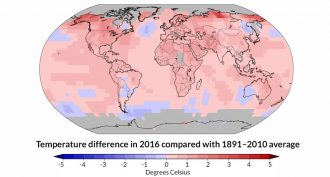 Climate
ClimateEarth breaks heat record for third year straight
Climate change and heat from a strong El Niño played roles in making 2016 the hottest year on record.
-
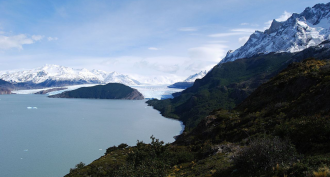 Archaeology
ArchaeologyCool Jobs: Hunting surprises in thinning glaciers
Meet three scientists who are tracking the meltdown of Earth’s glaciers. They share their adventures, predictions and unexpected discoveries.
By Beth Geiger -
 Health & Medicine
Health & MedicineExtreme survival: Managing the deadly cold
Extreme cold can cause frostbite, hypothermia — even death. Knowing the risks can help keep you safe even when it’s freezing cold.
By Susan Moran